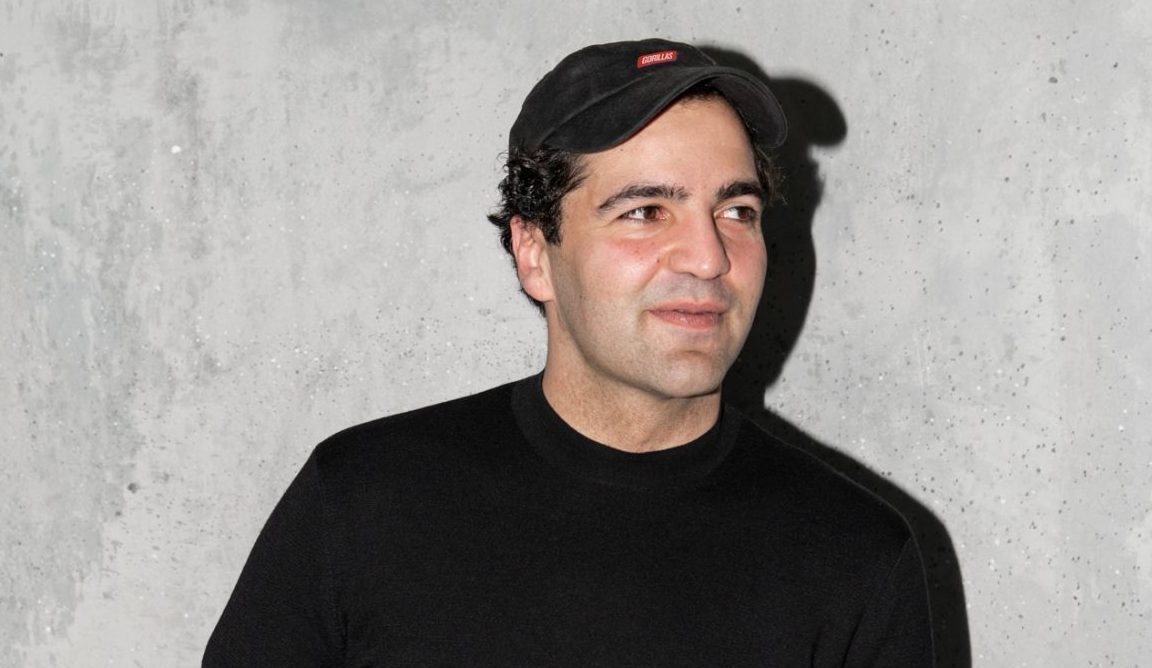The toolbox to fight cancer is growing thanks to startups — and now includes AI-powered drug design and discovery, digital tools to map patient pathways, new management systems for clinical trials and enhanced predictive biomarkers for cancer therapy.
With so many players involved, we set out to discover who’s doing what in Europe. After scouting hundreds of early-stage cancer tech startups, we handpicked the region’s 20 most promising — taking factors like momentum, team strength, product differentiation and other growth signals into account — for our latest ranking.
Here are some themes that stood out in the list of companies.
1. AI tools are in hot demand with investors and this trend is also translating to cancer treatment
Startups selling various machine learning systems feature prominently in the ranking, as the demand for modern, data-driven ways to tackle cancer grows. Investors are backing AI-driven tools for imaging and diagnostics, computational modelling (also known as “in silico” models) for drug design and predictive therapies, and analytical insights from clinical trials.
Used well, AI could transform the management of cancer and reduce doctors’ workloads, and the tech is beginning to deliver breakthroughs in cancer screening. A recent study of almost 80k women in Sweden — published in the Lancet Oncology in August — discovered that an AI system could detect about 20% more cancers than two radiologists working together. There’s also big hope that AI can accelerate and shrink the costs of drug development.
For example, London-based Kuano, which features in our ranking, is a company promising to massively increase the speed at which promising drug candidates are found. It raised a £1.8m seed round in September.
A pair of young French startups — Orakl and DeepLife — meanwhile, have developed AI-powered platforms for “tumour and cell models”, which sees them use AI to help create digital imitations of cancer, so as to game out real-life responses to different drugs. A similar approach is being advanced by Switzerland’s PreComb, which also features on our list.
2. Clinical trial software and data management are also hot with investors
Other startups promise spiffed-up cancer data repositories. Dutch startup Oncochain and UK-based Concr and Sonrai Analytics promise to pull relevant cancer data together onto snazzy and user-friendly platforms.
Pitches to modernise clinical trials, meanwhile, continue to have the attention of investors — startups raising money for newfangled management tools this year include uMed and Lindus Health.
3. There are still chunky deals happening in 2023
The post-pandemic glow for healthtech may have faded — but we’re still seeing chunky deals in 2023.
Europe’s cancer-fighting startups raised $1.5bn from VCs last year, according to Dealroom data — a drop from the blockbuster funding years of 2020 and 2021. But funding so far in 2023 is just €300m shy of last year’s total, having already surpassed the $1bn mark with one quarter to go.
Investors that have backed cancer tech and AI drug discovery startups this year include Sofinnova Partners, Oxford Science Enterprises, British Patient Capital and MMC Ventures. Switzerland’s Debiopharm Innovation Fund, which has $150m in assets under management, recently announced a new seed funding push for early-stage cancer tech startups.
4. Some areas remain underfunded
Generally speaking, we see investors flocking to certain cancer tech areas over others — meaning some ideas remain relatively underfunded. For example, founders developing data-driven cancer patient pathways or cancer companion apps — examples include our ranking’s Careology — receive fewer (and smaller) cheques compared with equivalent gadgetry in neurotech and physical rehabilitation fields.
High risk and an uncertain return on investment explain much of the underfunding in the sector and make the case for more specialised investors to set up shop in Europe.
Breaking into cancer tech’s not for the faint of heart: 23 startups (from our initial sample of around 1,000 companies) brought down the shutters before successfully making it to market — among them was Cambridge-based Azeria Therapeutics, liquidated only 15 months after raising a £32m Series B round.


